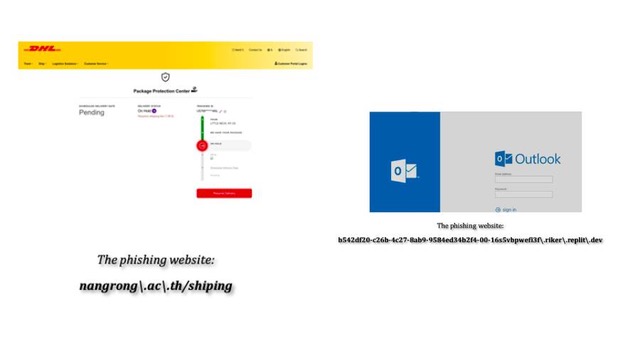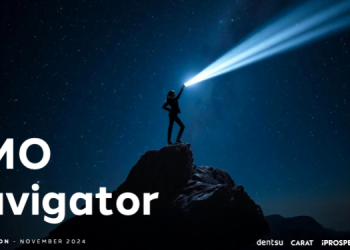Mumbai: Microsoft continues to dominate as the most imitated brand in phishing attacks, accounting for a staggering 38% of all brand phishing attempts in Q1 2024. Google made a modest advance to the second spot, capturing 11% of attempted brand phishing attacks. LinkedIn sees a rise to third place, with 11% of such attempts, reflecting the dynamic nature of cyber threats. Airbnb makes waves by entering the top brands list for the first time, showcasing the adaptability of cybercriminals in their choice of imitated brands
Check Point Research (CPR) has unveiled its Q1 2024 Brand Phishing Ranking, showcasing the prevalent brands imitated by cybercriminals in their endeavours to deceive individuals and acquire personal information or payment credentials. In this quarter’s ranking, Microsoft maintains its lead as the most imitated brand, followed closely by Google, which surged to second place. With the persistent threat of phishing attacks looming, CPR’s report sheds light on the evolving landscape of brand impersonation and cyber threats.
Top 10 Most Imitated Brands in Q1 2024
Below are the top brands ranked by their overall appearance in brand phishing attempts:
- Microsoft (38%)
- Google (11%)
- LinkedIn (11%)
- Apple (5%)
- DHL (5%)
- Amazon (3%)
- Facebook (2%)
- Roblox (2%)
- Wells Fargo (2%)
- Airbnb (1%)
What is a brand phishing attack?: In a brand phishing attack, criminals try to imitate the official website of a well-known brand by using a similar domain name or URL and web-page design to the genuine site. The link to the fake website can be sent to targeted individuals by email or text message, a user can be redirected during web browsing, or it may be triggered from a fraudulent mobile application. The fake website often contains a form intended to steal users’ credentials, payment details or other personal information.

Omer Dembinsky, Data Research Group Manager at Check Point Software said, “In light of the persistent threat posed by brand impersonation, it is imperative for users to maintain a heightened level of vigilance and exercise caution when engaging with emails or messages purportedly from trusted brands. By remaining vigilant and adopting proactive cybersecurity practices, individuals can mitigate the risk of falling victim to cybercriminal tactics.”

















